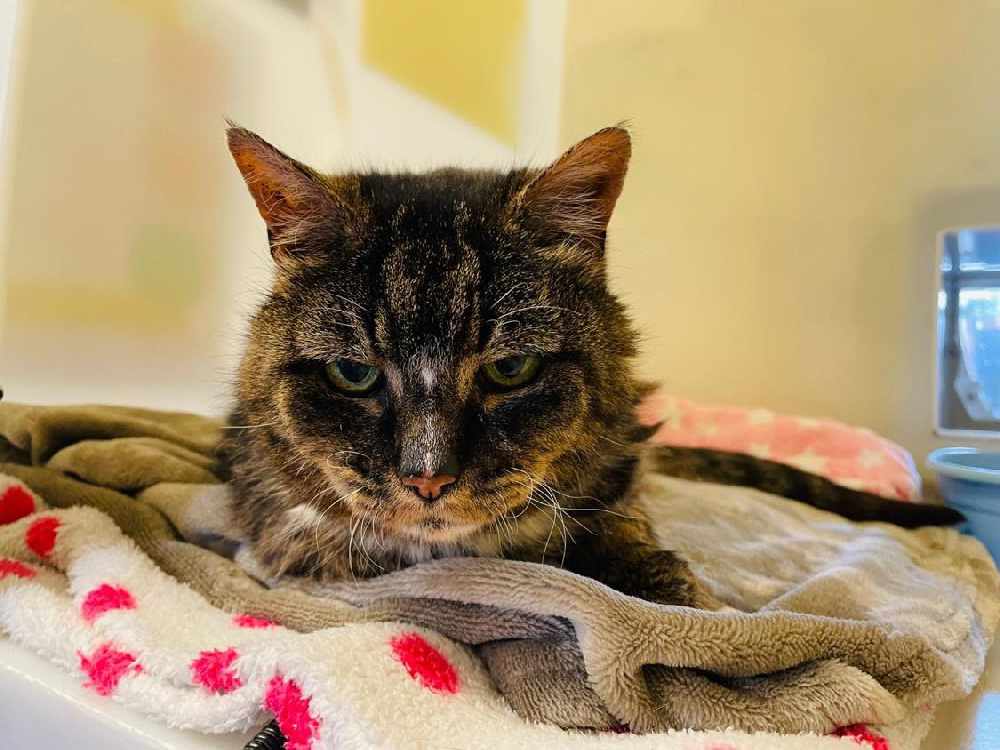
A seriously ill 22-year-old cat who had been missing from home for two decades was reunited with her shocked owners after she was handed into the RSPCA.
A woman found Phoebe the cat alone in a field in Bridgemere, Cheshire, on Friday (5) and she took the elderly pet to the RSPCA’s nearby Stapeley Grange Animal Centre in Nantwich.
Staff at the centre found that Phoebe was microchipped and were surprised to find she had actually been adopted from Stapeley when she was a kitten.
And incredibly, they were also able to trace her thrilled owner - and were amazed to find she was aged 22 and had gone missing from her home 20 years ago.
Phoebe was cold and wet when she was found and so she was warmed up using heat pads before she was sent for veterinary treatment as there were grave concerns about her health.
Sadly she was having fits and it was discovered she was in very poor health with a brain tumour so the vet decided the kindest thing to do was to put her to sleep.
But Phoebe did get to spend two days at her home where she was given plenty of love and comforted in her hours of need by owner Christine Ball (59), who lives a few miles away she was found in Nantwich.
Christine said: “We were absolutely gobsmacked when we got a phone call from the RSPCA to say they had found Phoebe.
“She went missing when she was aged just two - and we think someone probably took her and she somehow got lost - because she always stayed close to home and didn’t venture far. We went looking for her with neighbours and posted leaflets all those years ago but to no avail.
“The vet said she wouldn’t have survived 20 years as a stray and we think someone probably took her in and cared for her as their pet.
“We are not sure why she would have ended up a stray so late on in life but perhaps her owner was taken into care - who knows in these strange times?
“We would love to know who did care for her just to find out about her life after she left us.”
Sadly Phoebe was found to be seriously ill and vets advised the kindest option was to put her to sleep but Christine said she is grateful that the RSPCA were able to trace in time to say goodbye to her beloved pet, thanks to her microchip.
She added: “It was sad that we found her and so soon afterwards we had to let her go - but it was nice to have some time with her especially as she really needed comforting during her hour of need.
“It did bring some closure to us and we are grateful she lived to such a ripe age - someone else must have really looked after her well. We are so grateful to the woman who found her and took her to the RSPCA.”
Lee Stewart, manager at Stapeley Grange Animal Centre: “This highlights why microchipping your pet is so important and it is vitally important to tell the chip company yourself if any contact details change.
“We see many cases where we would love to reunite microchipped cats with their owner but can't because the details have not been updated.
“We have reunited cats which have been missing for a few years but I have never come across a cat missing from home for 20 years - it is quite amazing - as well as the fact she lived to the age of 22.
“The circumstances were sad but at least she was with those who really cared for her at the end of her life.”
It is a legal requirement to have dogs microchipped but it is not against the law to leave other pets, such as cats and rabbits, without a chip. However, the RSPCA would encourage all owners to get their pets microchipped.
Microchipping is a very quick and easy procedure. It involves a tiny microchip being quickly and simply inserted under the animal’s skin and this then gives the pet their own unique code. It is also relatively cheap so there is really no reason why an owner should not take the time to chip their pets.
The microchip can be scanned and matched to the owner’s contact details which are kept on a database.
Thousands of pets are lost every year and many are never reunited with their owners but microchipping can help to change that. While collars and tags can get caught or removed – microchipping identifies pets permanently and effectively.
For more information about microchipping, visit the RSPCA website: www.rspca.org.uk/microchipping.
To support the work of the RSPCA and Stapeley Grange Cattery please consider donating via our Justgiving site: https://www.justgiving.com/campaign/RSPCAStapeleyGrangeCattery?success=true

 Ten arrested for drugs offences following warrants in Chester
Ten arrested for drugs offences following warrants in Chester
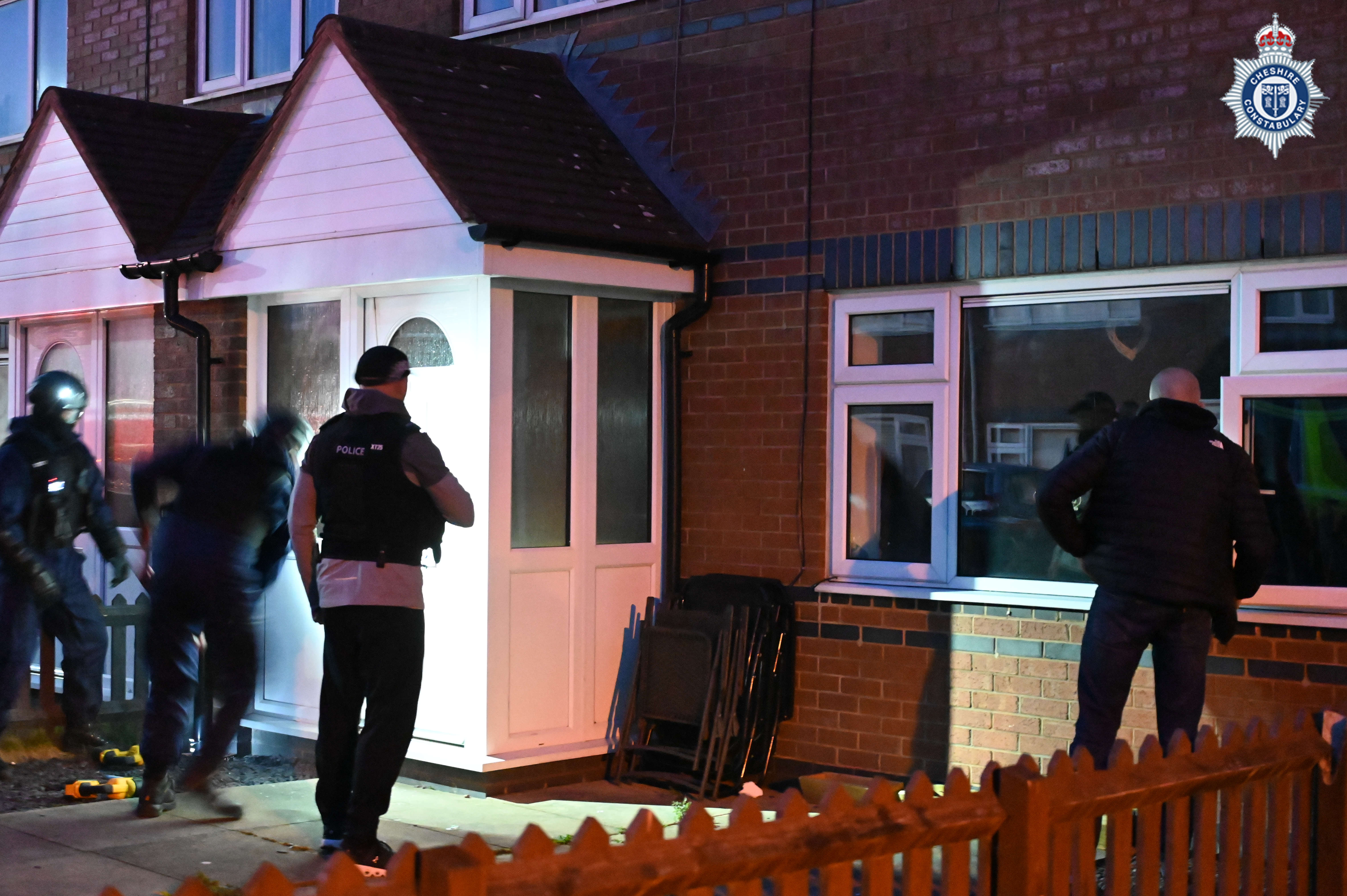 Ten arrested for drugs offences following warrants in Chester
Ten arrested for drugs offences following warrants in Chester
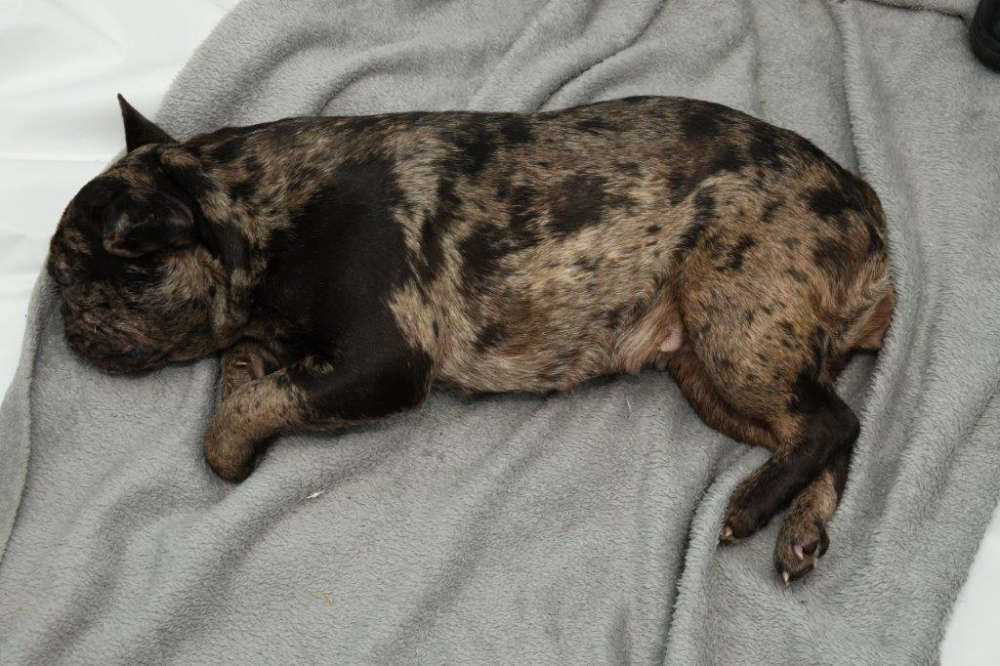 Suspended prison sentence and indefinite ban for Cheshire man who abused his dog
Suspended prison sentence and indefinite ban for Cheshire man who abused his dog
 Recovered Stolen Items
Recovered Stolen Items
 Man charged in relation to courier fraud
Man charged in relation to courier fraud
 Police to target criminal use of Cheshire’s roads
Police to target criminal use of Cheshire’s roads
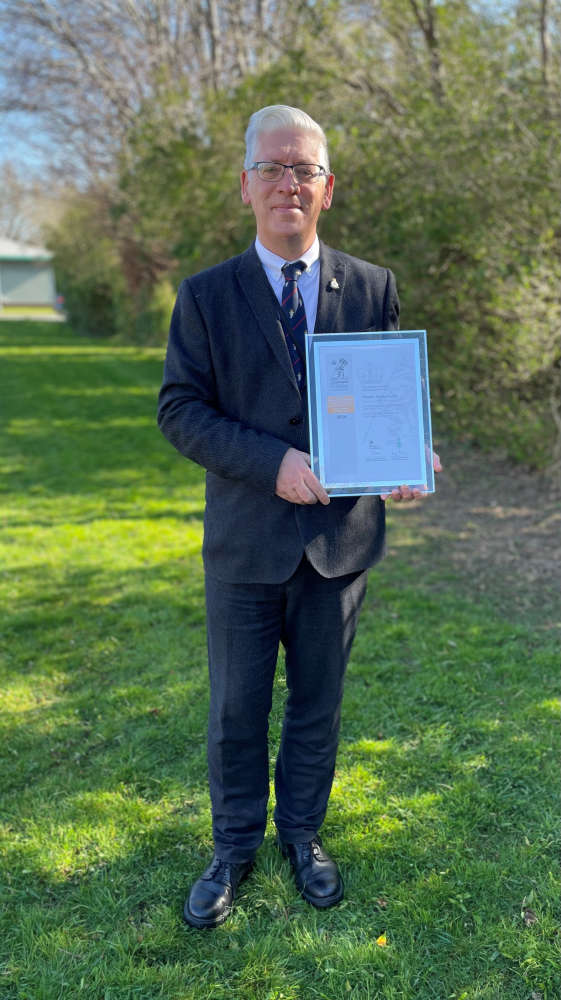 Council awarded Gold Armed Forces Award
Council awarded Gold Armed Forces Award
 Appeal for footage and witnesses following collision in Delamere
Appeal for footage and witnesses following collision in Delamere
 Appeal for information following serious collision in Chester
Appeal for information following serious collision in Chester
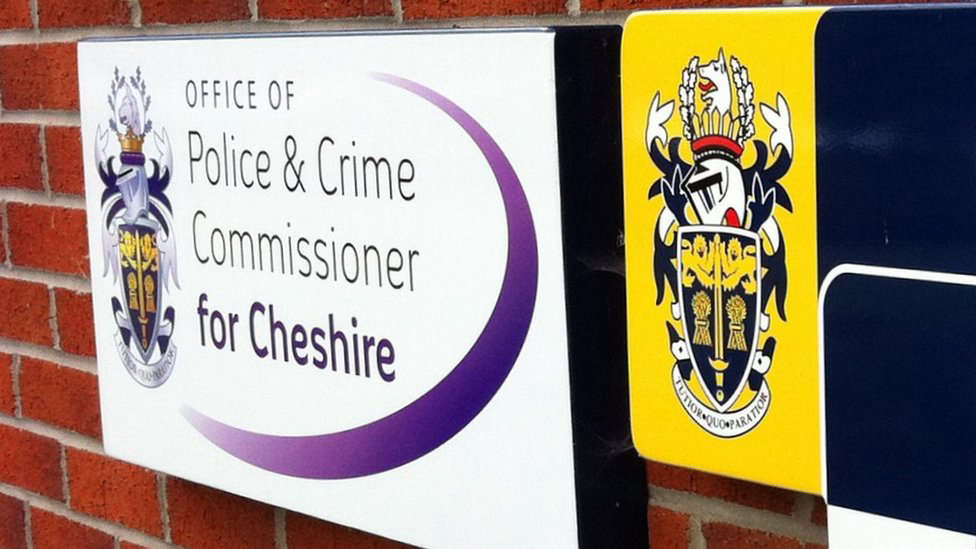 Your chance to get involved in police scrutiny meetings
Your chance to get involved in police scrutiny meetings
 New Events at Jodrell Bank
New Events at Jodrell Bank
 Inspiring Futures at The Queen’s School
Inspiring Futures at The Queen’s School
 Bowmere Hospital celebrates 20 years of mental health care
Bowmere Hospital celebrates 20 years of mental health care
 Man charged with burglary and drug offences following Chester police stop check
Man charged with burglary and drug offences following Chester police stop check
 Vicars Cross Road closed following collision in Chester
Vicars Cross Road closed following collision in Chester
 Man jailed for controlling and coercive behaviour and assault
Man jailed for controlling and coercive behaviour and assault
 Plan unveiled to transform and improve emergency care at Countess of Chester Hospital
Plan unveiled to transform and improve emergency care at Countess of Chester Hospital
 Chester & Wirral Football League - Weekend Round Up
Chester & Wirral Football League - Weekend Round Up
 Ladbrokes returns to Chester Racecourse
Ladbrokes returns to Chester Racecourse
Comments
Add a comment